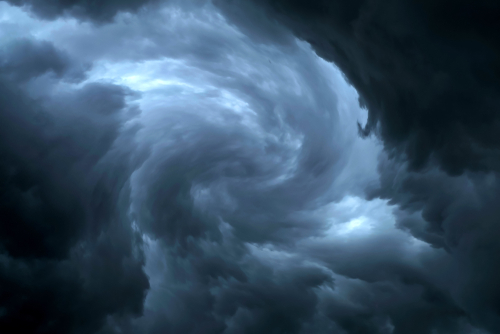
Written on: July 22, 2024
 Where there are trees and above-ground power lines, there will be power outages. It’s just a fact. of living in our area. With weather becoming less predictable and more extreme, storm season can be any season: Stronger winter storms and ice, summer thunderstorms—not to mention hurricanes—will take down trees, and that knocks out power.
Where there are trees and above-ground power lines, there will be power outages. It’s just a fact. of living in our area. With weather becoming less predictable and more extreme, storm season can be any season: Stronger winter storms and ice, summer thunderstorms—not to mention hurricanes—will take down trees, and that knocks out power.
Depending on the extent of the damage and where you live, it can be days before the utility company can get your lights back on. And while portable gasoline-powered generators can keep a few things running in an emergency, they are loud, smelly and hard to deal with. If you rely on a portable generator, you need to get in line at the gas station to fill jerry cans as soon as storm warnings are given, or you need a safe place to store gas on your property. Don’t forget that a portable generator will need to be set up and turned on—outside—after the power goes out, probably while a storm is still raging, maybe in the middle of the night.
To stay safe and comfortable, the power solution for most homes is a standby generator. Instead of gas or diesel, it runs on the same propane you use to power other appliances and equipment in your home.
A standby generator, also known as a backup generator, is a propane-fueled power source that is directly wired to your home’s systems so that it comes on within seconds of a power failure to keep your lights on and your refrigerator, furnace and a/c running until the utilities get the lines back up. Propane generators are quiet, extremely efficient and clean-burning, with low emissions.
A standby generator can also keep security systems on—giving you peace of mind, especially if the power fails while you’re away.
Size your main consideration when it comes to choosing the best standby generator for your household. An “essential power” model will run key equipment such as your refrigerator, and heat or AC and lights in a specific area. A true whole-house generator is able to handle the demands of most extra-large homes, even during extended outages.
Our experts know the questions to ask to help evaluate your needs and determine how much power you need to run the appliances or systems you need during an outage. We usually recommend going for about 20% extra voltage beyond what your appliances require.
Here are some key points to consider:
When you’re ready, the expert team at Pico will set and install the lines to connect your propane tank to your generator and insure it’s set up to turn on quickly when the lights go out.
Peace of mind is priceless. And when you do the math, a standby generator usually makes sense compared to dealing with the expense (and hassle) of a power outage—especially if your neighborhood is prone to them. By keeping even just your essential systems running, a standby generator can help you avoid the cost of replacing spoiled food, or the cost of a hotel room—if you can find one.
Did you know? According to Consumer Reports, a whole-house generator can increase the value of your home by as much as 5%. That’s a great return on your investment, before you ever need to use it.
Ready to learn more? Contact the pros at Pico for more information—ask about our generator specials.